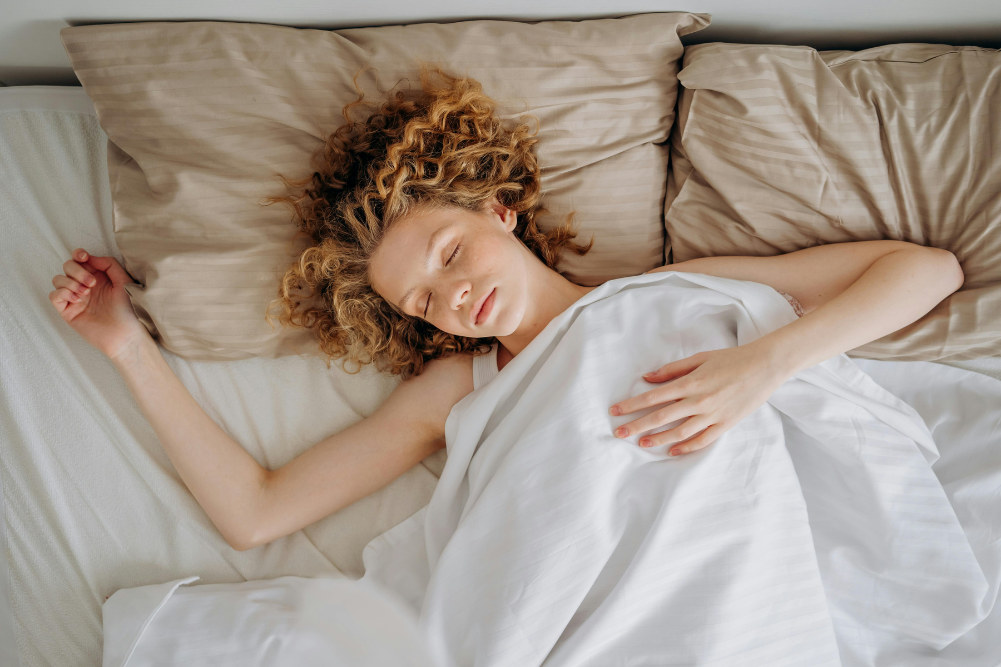Rocking induces better sleep and improves memory
Rocking is known to promote sleep in babies and even in adults. You have probably experienced how quickly your drift off to sleep when you’re lying in a gently swaying hammock. A study now adds more evidence to the benefits of rocking and it’s not all about getting a good nap. Rocking also boosts memory consolidation during sleep.
The study found that that the participants fell asleep faster while rocking.
Researchers from the University of Geneva enlisted 18 healthy young adults to undergo sleep monitoring in a lab. They slept the first night in the lab to get used to sleeping in there. They then stayed two more nights, one night sleeping on a gently rocking bed and another night sleeping on an identical bed but with no movement. The study found that that the participants fell asleep faster while rocking. They also spent more time in non-rapid eye movement sleep. They also slept more deeply and woke up less.
Next, the researchers examined how better sleep influenced memory. To assess memory consolidation, the participants were asked to study word pairs. The researchers then measured how accurate they were in recalling the word pair in an evening session and compared it to a session the next morning when they woke up after being rocked to sleep. The researchers found that the participants did better on the morning test. The study also showed that the rocking motion caused entrainment — the ability of a recurrent external sensory stimulation to synchronize intrinsic oscillations of a certain system — of specific brain oscillations of non-rapid eye movement sleep. As a result, the continuous swaying motion helped to synchronise neural activity in the thalamocortical networks of the brain, which play an important role in both sleep and memory consolidation.
The present findings demonstrate that rocking during the night promotes deep sleep and memory consolidation in healthy sleepers. Continuous rocking actively entrains intrinsic sleep oscillations and improves memory consolidation during sleep.
Source: Current Biology








